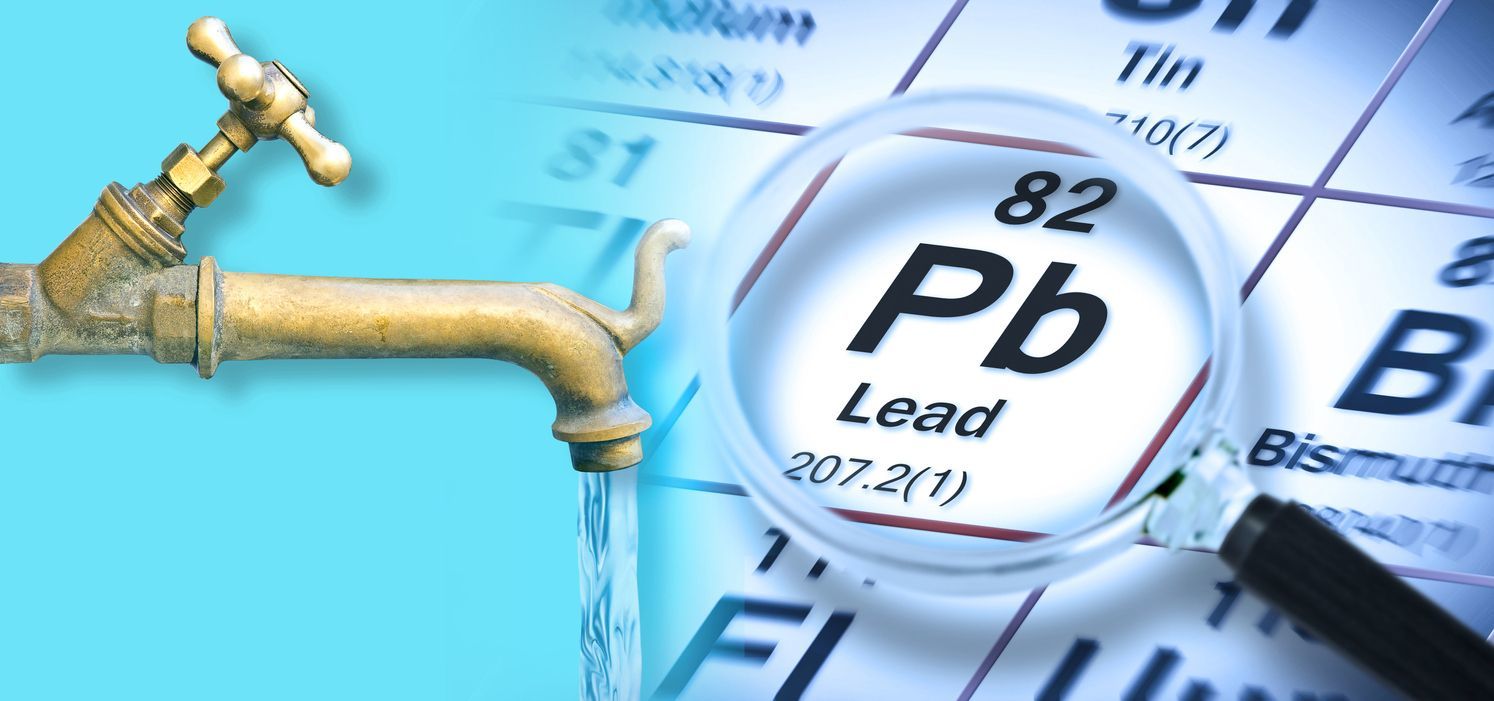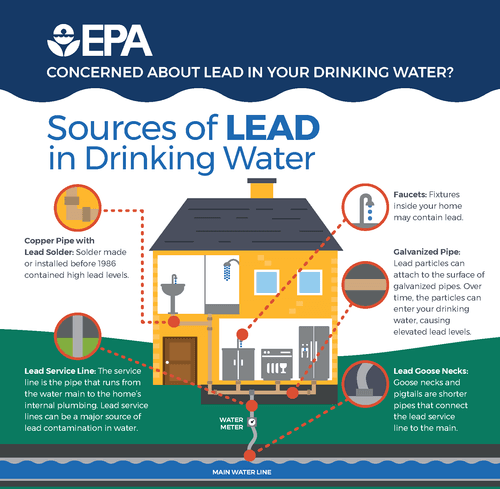The Water Infrastructure Improvement for the Nation Act Grant (WIIN) was awarded to ECDHD from the Environmental Protection Agency (EPA). Funding from the WIIN grant will be used to create a voluntary lead sampling and analysis effort of drinking water in childcare facilities that serve children 6 years old and younger, including preschools, and public elementary schools across the state.
As one of the primary places where children access drinking water, we are asking daycares and schools to take part in this important, grant-funded, project to collect and test lead levels in school water. This grant is focusing on preschoolers, kindergartners, and first-graders, and the faucets where they access water (classroom sinks, water fountains, school kitchens, etc.).
If you are interested in taking part in this project, please email kvandewalle@ecdhd.ne.gov
Lead is a toxic metal. Even low levels of lead in the blood of children can result in:
- Behavior and learning problems
- Lower IQ and hyperactivity
- Slowed growth
- Hearing problems
- Anemia
In rare cases, ingestion of lead can cause seizures, coma and even death.
There is no safe blood lead level in children.
Learn more at https://www.cdc.gov/nceh/lead/faqs/lead-faqs.htm
As recently as 2016, more than 34,000 Nebraska children under six years old were tested for lead; 411 of them had elevated levels of lead in their blood.
The good news: Childhood lead poisoning is 100% preventable.
A family doctor or pediatrician can perform a blood test for lead and provide information about the health effects of lead. State, city or county departments of health can also provide information about how you can have your child's blood tested for lead. The Centers for Disease Control and Prevention recommends that public health actions be initiated when the level of lead in a child’s blood is 5 micrograms per deciliter (µg/dL) or more.
Identifying the sources of exposure is crucial.
Find out if lead in drinking water is an issue in your child's school or child care facility
Children spend a significant part of their days at school or in a child care facility. The faucets that provide water used for consumption, including drinking, cooking lunch, and preparing juice and infant formula, should be tested.


